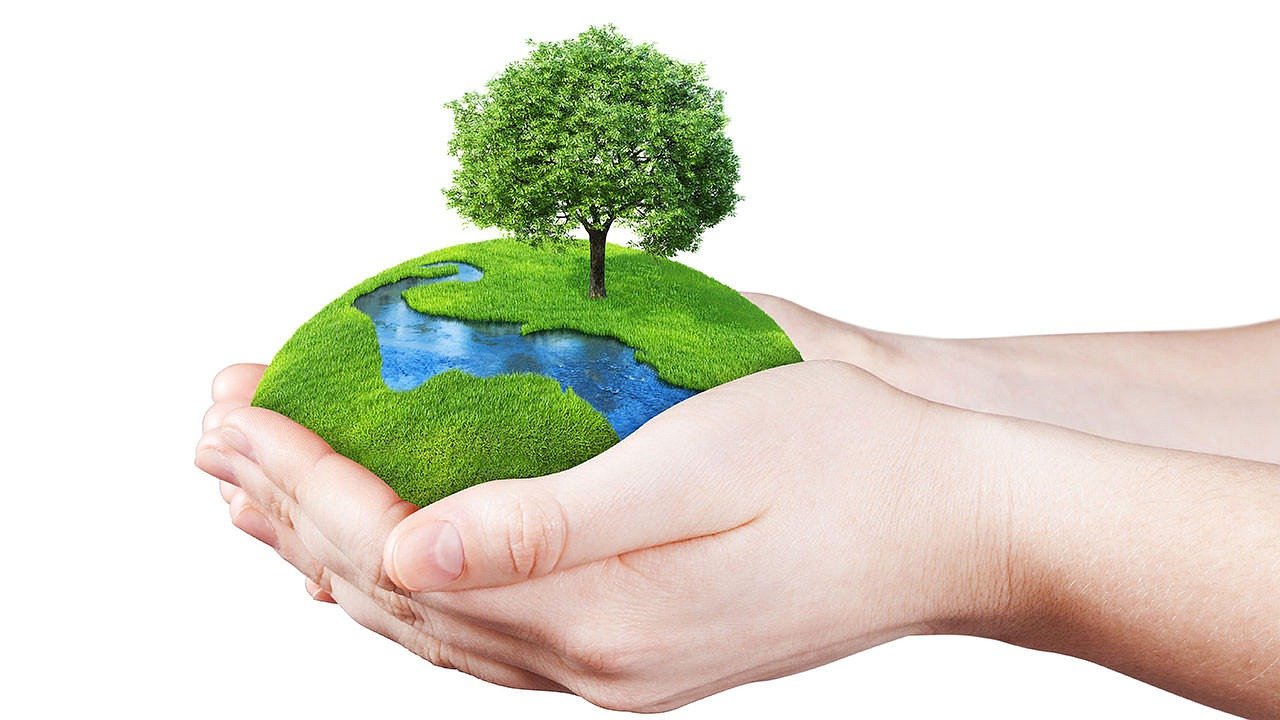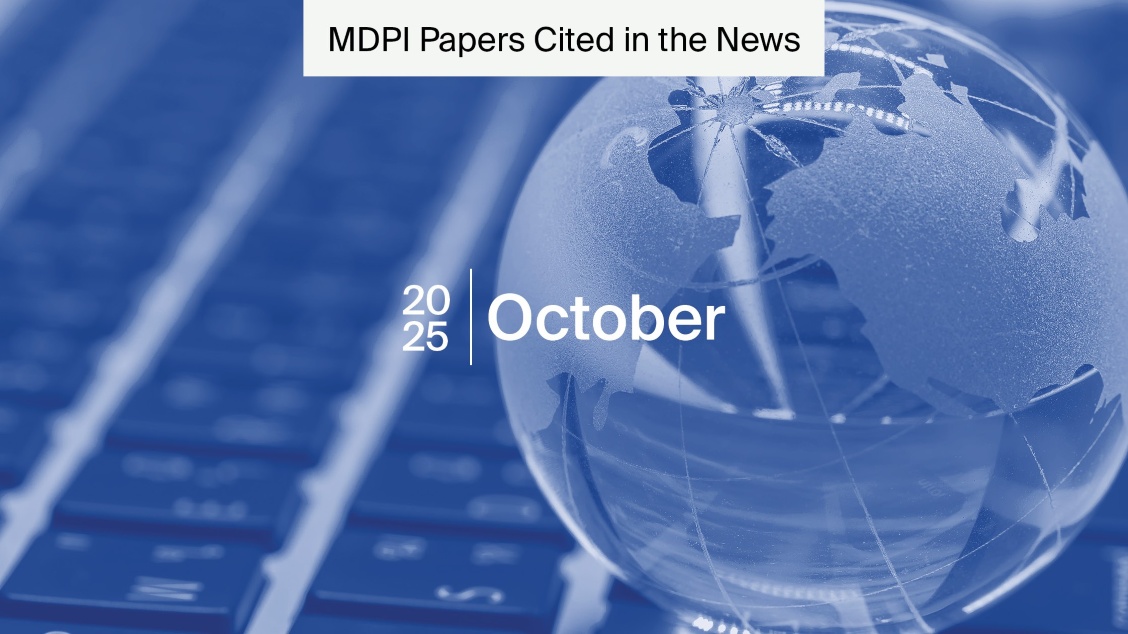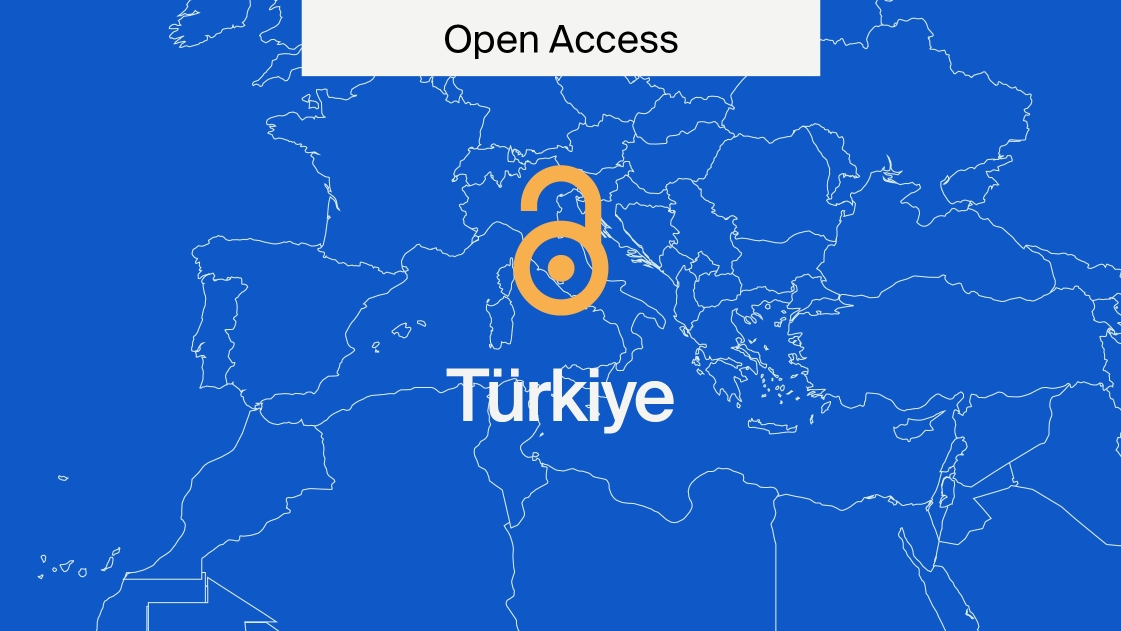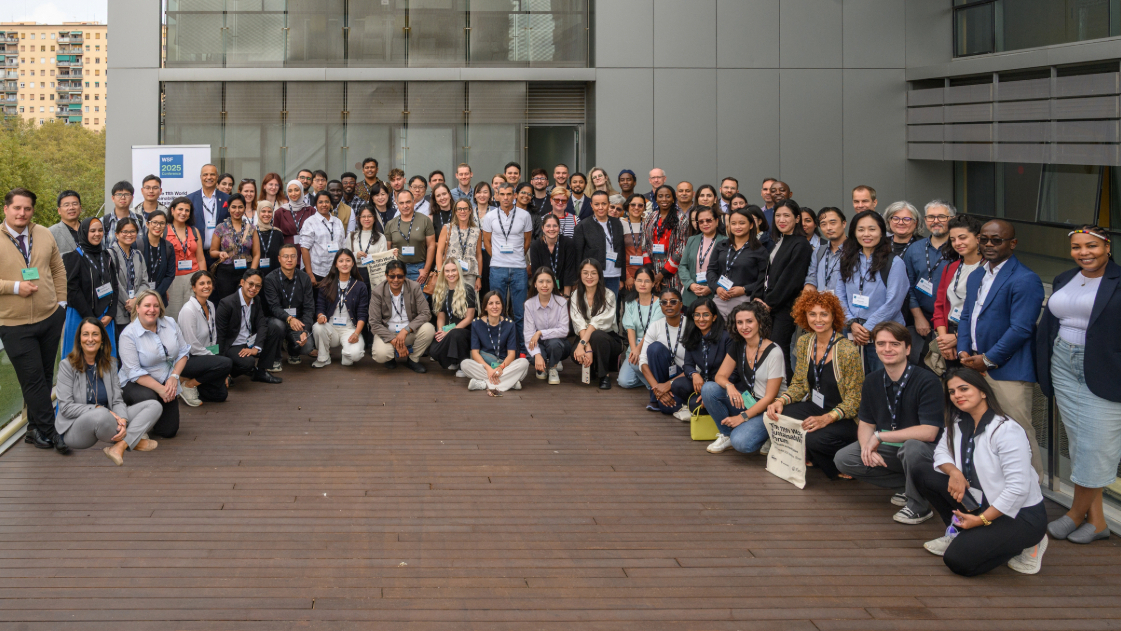
Earth Day 2021—Redefining the Anthropocene
International Mother Earth Day, or simply Earth Day, marks the birth of the Modern Environmental Movement in 1970. This day, commemorated by billions each year on the 22nd of April, reminds us of the importance of planetary health and the need to take urgent action against devastating human activity. A healthy Earth is essential for our own survival, providing key ecosystem services, such as the provision of food, water, and clean air.
Modern humans (Homo sapiens) evolved 200,000 years ago, which represents just 1% of Earth’s history. During our short time on this planet, humans have had a detrimental impact on Earth’s health, especially within the last 100 years—this is the Anthropocene. Whilst not an official geological epoch, the Anthropocene is defined by human activity, which has led to destruction of natural ecosystems, loss of biodiversity, and climate change.
The age of humans
Land use change has led to the destruction of natural ecosystems and the crucial services they provide. This has been driven by the overconsumption of Earth’s precious resources, most importantly food. As the global population soars, the ability to feed 7.8 billion people has become a major global challenge. Furthermore, demand for meat, which is now higher than ever, requires larger areas of land to rear animals for consumption.
Currently, the area of land dedicated to livestock accounts for 26% of the Earth’s terrestrial surface (United Nations Food and Agriculture Organization), responsible for mass deforestation in tropical rainforests, such as the Brazilian Amazon. The loss of these ancient forests, which lock away tonnes of carbon each year, has contributed to rising CO2 levels in our atmosphere.
Our impact
Over the past 4.5 billion years on Earth, CO2 levels have fluctuated dramatically. Atmospheric CO2 directly influences Earth’s climate, plunging life into episodes of extreme cold, during ice ages, and hothouse conditions alike. Now, CO2 levels are the highest ever recorded in human history, reaching 418 ppm this month! The last time CO2 concentrations were this high, sea levels were 50 feet higher and forests grew in the Arctic. This is due to the phenomenon Global Warming, which is responsible for increasingly extreme weather events around the world, from severe storms in North America to raging fires across Australia in 2020.
We are currently witnessing the 6th mass extinction in Earth’s history. Through overpopulation and overexploitation, life on Earth has not been threatened this severely since the demise of the dinosaurs 65 million years ago. Over the last 50 years, populations of wild animals have almost halved, and 37,000 species are now threatened with extinction (IUCN Red List). In the past decade alone, more than 160 animal and plant species have gone extinct, notably the Western Black Rhino in 2011. Having a rich diversity of flora and fauna is critical for ecosystem balance and function, which means we must act now to preserve life on Earth.
Earth Day 2021
This year, join Earth Day, with three days of climate action commencing on the 20th of April (for more information, click here). With education at the heart of their campaign, Earth Day has launched a series of initiatives worldwide, promoting climate and environmental literacy. MDPI recognises the value of education and the availability of information—Open Access provides a forum for international scholars at the forefront of climate and environmental research, which is available to everyone. Findings that are spread beyond the walls of the scientific community help to strengthen the dialogue between researchers and politicians, accelerating meaningful change.
At MDPI, we know the importance of biodiversity and ecosystem balance for planetary health. Last month saw the launch of our brand-new journal Conservation, which aims to provide a global platform for practitioners and scholars to disseminate their research on conservation-related topics, helping to bridge the gap between human society and nature. Now, the very first feature Topical Collection, “Protecting World Heritage Sites in the Face of Climate Change: A Call to Action”, edited by Honorary Professor Iain Gordon, is online and open for submission.
Future of the Earth
With the backdrop of the COVID-19 pandemic, it is easy to forget the importance of planetary health and the urgency of the climate crisis. As life slowly begins to resemble normality, let us not fall back into our old ways, as this is an opportunity for positive change. Earth Day is a reminder that we have a collective responsibility, which requires action at every level. Everyone has a part to play, from buying locally sourced food and lowering your meat consumption to joining the campaign—what will you do to make a difference?
If you’re interested in learning more about sustainability, we also have plenty of content available here on the MDPI Blog. Why not start with We Need Open Access to Tackle Climate Change in 2024?










